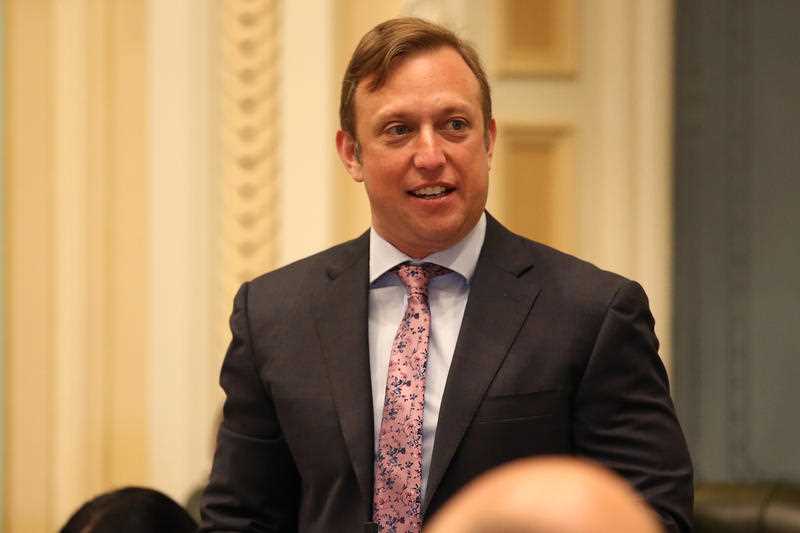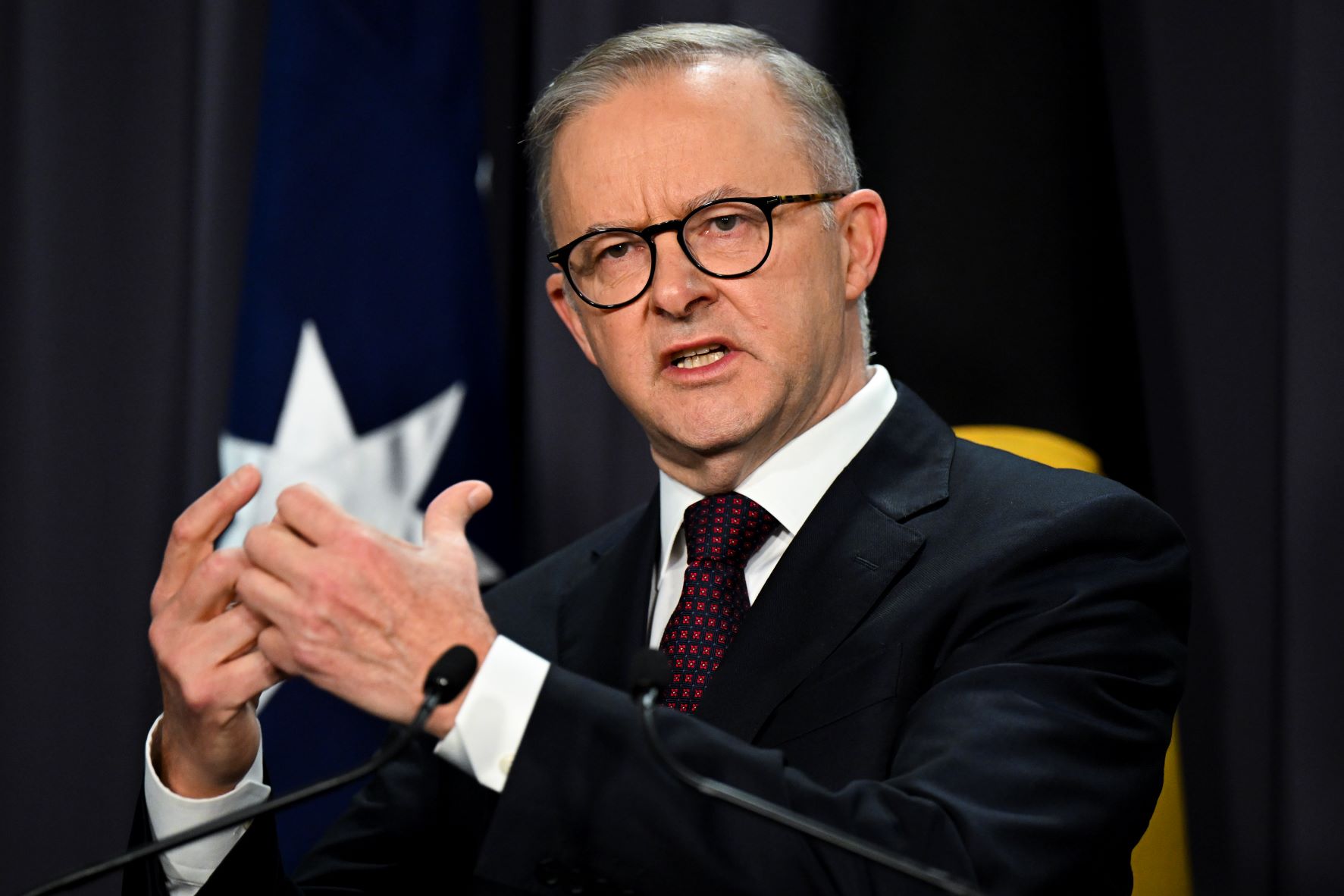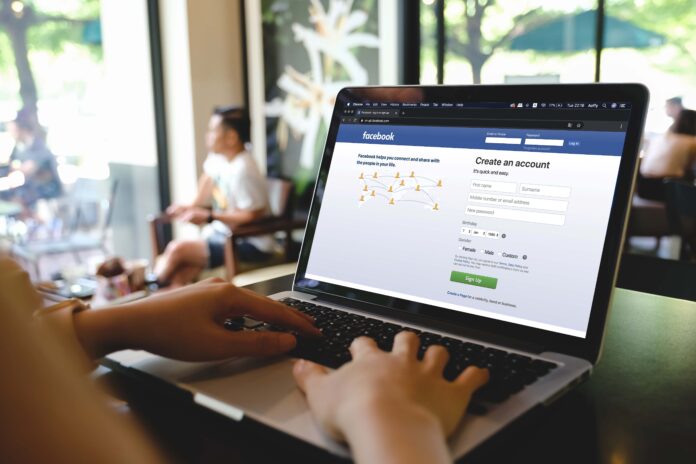Regional news publishers have applauded Queensland Premier Steven Miles for calling for an investigation into the power of social media companies.
The move comes after Facebook’s parent company, Meta, announced it would ignore Australia’s News Media Bargaining Code and stop paying Australian media for content used on the site.
The peak body representing regional newspapers in Australia, Country Press Australia, has praised the Premier for his leadership and is calling on all premiers to back his call for an investigation.
Andrew Schreyer, the president of CPA, which represents 230 regional and local newspapers across Australia, said the Premier was “standing up for independent news”.
“He’s calling out Meta for their extraordinary abuse of market power by blatantly ignoring the Australian Government,” he said via a CPA media release.
Do you have an opinion to share? Submit a Letter to the Editor at Sunshine Coast News via news@sunshinecoastnews.com.au. You must include your name and suburb.
“This is a national issue and we welcome the strong words from Prime Minister Anthony Albanese and the Communications Minister Michelle Rowland, but Meta is one of the most powerful corporations in history and we need every politician in this fight, so we thank Premier Miles for standing up on behalf of his state,” he said.
Mr Miles has called for an investigation into the power that social media companies hold over Australians.

“It’s about time we had a really good look at the power of these social media companies, how much money they’re making here, and how little they care about Australians,” Mr Miles said.
“They don’t care about the importance of local reporting.
“They don’t care about the crimes that they promote on their platforms – they are literally profiting off those things.”
Mr Schreyer said Meta’s decision to stop paying publishers for the news that Meta profits from is set to have a catastrophic effect on regional news services.
“Facebook produce no news but they probably make more money from sharing news than the publishers do for creating it,” he said.
“It’s wrong and a classic market failure.
“The Australian Government had corrected this market failure with the introduction of Australia’s News Media Bargaining Code in March 2021, but Meta are now arrogantly ignoring the Australian Government.”
Mr Albanese has called Meta’s decision to pull funding from Australian news organisations “untenable” and has flagged action against the tech giant.
“The idea that one company can profit from others’ investment, not just investment in capital but investment in people, investment in journalism, is unfair,” he said.
“That’s not the Australian way.”
Meta has pulled news content from its sites in other democracies, to avoid paying for the content, as it did in Australia in 2021 for a short period, and Mr Schreyer said it was likely this would be the next tactic Meta would deploy with Facebook.
“If social media platforms such as Facebook continue to promote misinformation ahead of professionally balanced news then democracy at its core is at risk,” he said.

The federal government will pursue “all the steps available” to force Facebook to negotiate deals with news media outlets and has considered whether the tech giant would pull out of Australia to avoid legal action.
Assistant Treasurer Stephen Jones said he was disappointed by the announcement from Facebook’s parent company Meta on Friday that it would not renew commercial deals with local news publishers.
Meta also said it planned to remove a news section from its platform in Australia and the US in April when the deals expired.
But Mr Jones said he would follow measures within an agreed code “to a tee” and would like to get Meta back at the negotiating table with media outlets.
“The government will be taking all of the steps available to it under the News Media Bargaining Code,” he said.
“We’re not talking about some plucky little start-up here – we’re talking about one of the world’s largest and most profitable companies.”
Under the code, digital platforms that are “designated” by the Australian government are legally required to negotiate commercial deals with eligible media outlets or face fines of up to 10 per cent of their local revenue.
Mr Jones said he did not “intend to take months” before taking action on the issue and he had considered what would happen if Meta chose to withdraw its services in Australia to avoid fines.
“You can be confident that (Communications Minister Michelle Rowland) and myself have been contemplating what we would do in the eventuality that Meta took this course of action,” he said.
Meta’s announcement on Friday comes three years after Facebook banned all news links being shared to its platform in Australia, in an action that also removed the pages of charities, non-government organisations and emergency services.
The company announced its decision to walk away from agreements made with Australian news organisations in a statement on its website, following similar moves with European media outlets in September.
“We will not enter into new commercial deals for traditional news content in (Australia, France, Germany, the US and UK) and will not offer new Facebook products specifically for news publishers in future,” the statement read.
The company said it would close the Facebook News feature on its Australian and US platforms in April and would seek to focus its investments on content such as short-form video as “people don’t come to Facebook for news and political content”.
But Meta’s changes did not reinstate its short-lived news ban in Australia.
“People will still be able to view links to news articles on Facebook,” it said.
“News publishers will continue to have access to their Facebook accounts and pages, where they can post links to their stories and direct people to their websites in the same way any other individual or organisation can.”
Ms Rowland said the company’s latest action posed a significant risk to the viability of news reporting in Australia.
“It is inconsistent with the government’s overall aim of ensuring that we have strong public interesting journalism in this country that is properly compensated and that we have a healthy media ecosystem that supports a strong democracy,” she said.
The News Media Bargaining Code was introduced in March 2021 after the Australian Competition and Consumer Commission identified an imbalance in bargaining power between news outlets and digital platforms over the use of their content, and followed protracted negotiations between the federal government, Facebook and Google.
Meta and Google voluntarily signed more than 30 deals estimated to be worth about $200 million a year with local media outlets after the law was passed, even though neither platform was officially “designated” under the law.
It’s understood Google is negotiating new content deals in Australia.
Local journalists supporting local people. Help keep independent and fair Sunshine Coast news coming by subscribing to our FREE daily news feed. All it requires is your name and email at the bottom of this article.





